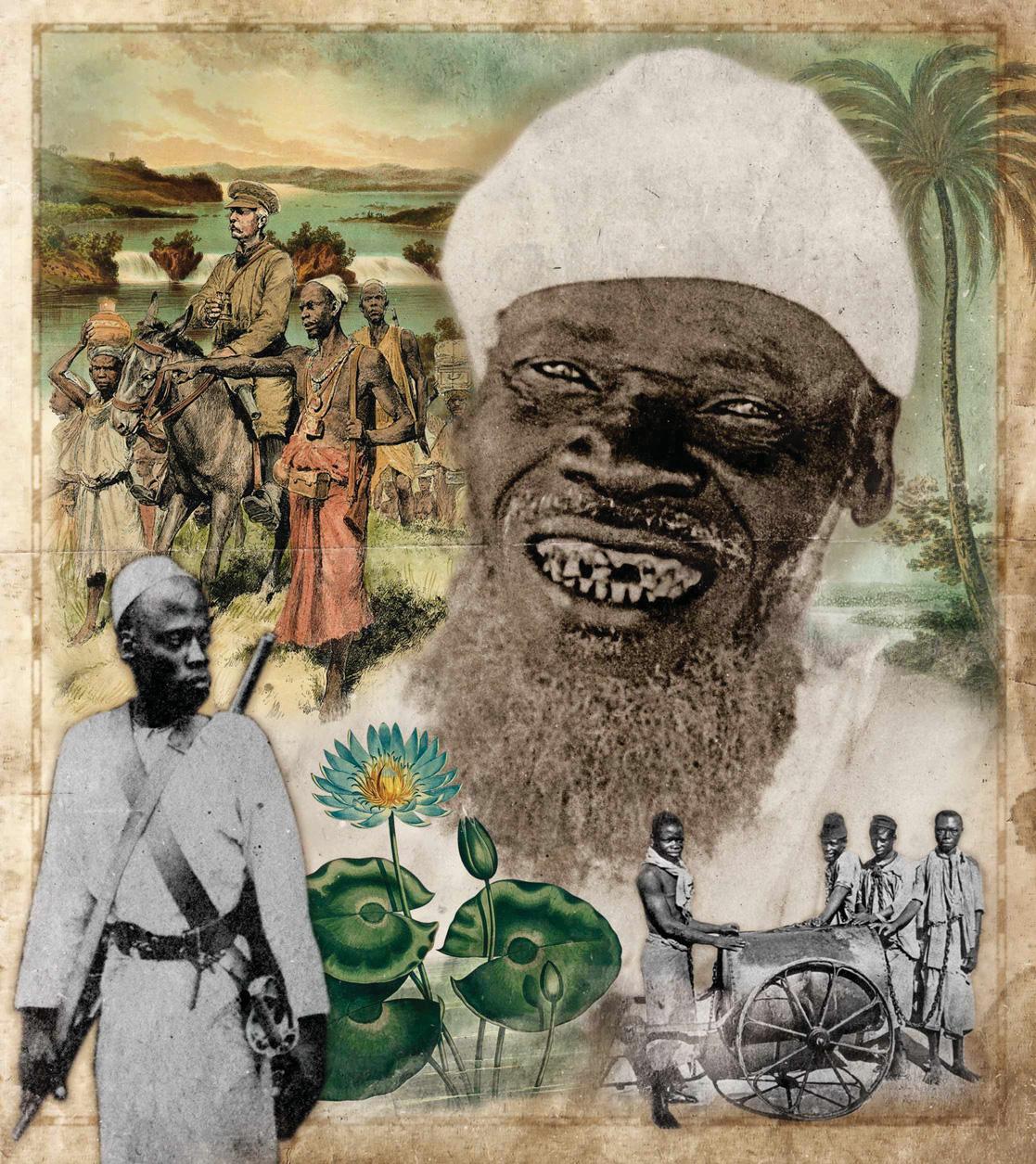
Sidi Mubarak Bombay never forgot the moment he lost everything. It was the early 19th century, and he was just a child living in a remote village in the Yao territory of east Africa, which today lies on the border between Tanzania and Mozambique. He never knew his mother, who died soon after he was born, but he had a father, a family, friends, a home. All were taken from him when, as he later recalled with moving candour, a large group of men “equipped with sword and gun, came suddenly”.
These were not strangers. They had been there before, offering goods that they knew the villagers could ill afford. The Yao, Bantu-speaking peoples of east and central Africa, were far from naive: they were sophisticated agriculturalists, highly skilled ironsmiths and experienced traders. They had long worked with the Arabs, bringing ivory and enslaved people from the interior to the coast to sell to them. Bombay’s village, however, was inland and isolated, allowing its inhabitants little interaction with the outside world, and leaving them vulnerable to the traps that slave traders patiently laid.
Upon their return to Bombay’s village, the men “demanded of the inhabitants instant liquidation of their debts… or stand the consequence of refusal”. No wealthier now than they had been when they incurred the debts, and with no guns to defend themselves, the villagers had only one hope: to run. “The whole village,” Bombay remembered, “took to precipitate flight.”
هذه القصة مأخوذة من طبعة August 2023 من BBC History UK.
ابدأ النسخة التجريبية المجانية من Magzter GOLD لمدة 7 أيام للوصول إلى آلاف القصص المتميزة المنسقة وأكثر من 9,000 مجلة وصحيفة.
بالفعل مشترك ? تسجيل الدخول
هذه القصة مأخوذة من طبعة August 2023 من BBC History UK.
ابدأ النسخة التجريبية المجانية من Magzter GOLD لمدة 7 أيام للوصول إلى آلاف القصص المتميزة المنسقة وأكثر من 9,000 مجلة وصحيفة.
بالفعل مشترك? تسجيل الدخول

Viking mussels
ELEANOR BARNETT digs into archaeological research to recreate a Viking-cum-AngloSaxon seafood dish from medieval York
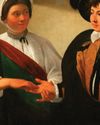
Fingers, frog's and fairies
Fortune telling was all the rage in the 16th and 17th centuries, and practitioners would stop at nothing to tap in to the supernatural. Martha McGill tells a story of Highland seers, tarot cards and encounters with the spirit world
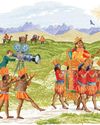
Nothing matches being with Alexander the Great on foot in the Hindu Kush
AT OUR LITTLE FILM COMPANY, MAYA VISION, we recently took the decision to digitise all of the rushes of our key films so that we could dispose of hundreds of boxes of tapes that had been kept in storage, throwing out stuff we thought we would never need again.

Library of the dead
Highgate Cemetery, created as a fashionable resting place for wealthy Victorian dead, is a veritable who's who of London's great and good. PETER ROSS roams the avenues of this most atmospheric necropolis
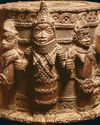
Slavery, exploitation and racism. These tragedies have long dominated histories of Africa. But there's another way to tell this story. And it's one that puts Africans right at the centre of their continent's extraordinarily rich and vibrant past
An 1414, in the Chinese city of Nanjing, a giraffe caused a stir. Amid a crowd of shocked, noble spectators, an official, leading the creature via a rope tied round its face, presented it to China's Yongle emperor. His officials said it was a qilin - an auspicious unicorn - which his sage governance had made appear.
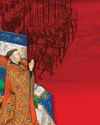
England's forgotten hero
When the Hundred Years' War was reaching a climax, one man was fighting tenaciously to secure the English claim to the French crown. So why, asks Joanna Arman, is Henry V's formidable brother, John, Duke of Bedford, not better known?
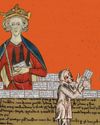
HENRY III AND THE MAGNA CARTA THAT MATTERED
King John's sealing of a charter at Runnymede in 1215 is one of the most feted moments of the Middle Ages. Yet, writes David Carpenter, it was the charter issued by his son 10 years later that became fundamental to England's history

Gutenberg publishes a pioneering new book
‘The printing press triggers an information revolution
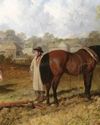
How empire ruptured rural Britain
We know that enslaved Africans and their descendants suffered in the distant colonies of empire. But, as Corinne Fowler explains, the colonial system also had dire impacts on people in the countryside of the 'motherland'
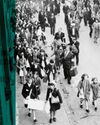
"I FELT VERY ALONE IN A WORLD GONE HORRIBLY MAD"
It was a moment of possibilities, dislocation and dread. Dan Todman tells the story of the 1.5 million urban Britons evacuated to the countryside at the start of the Second World War